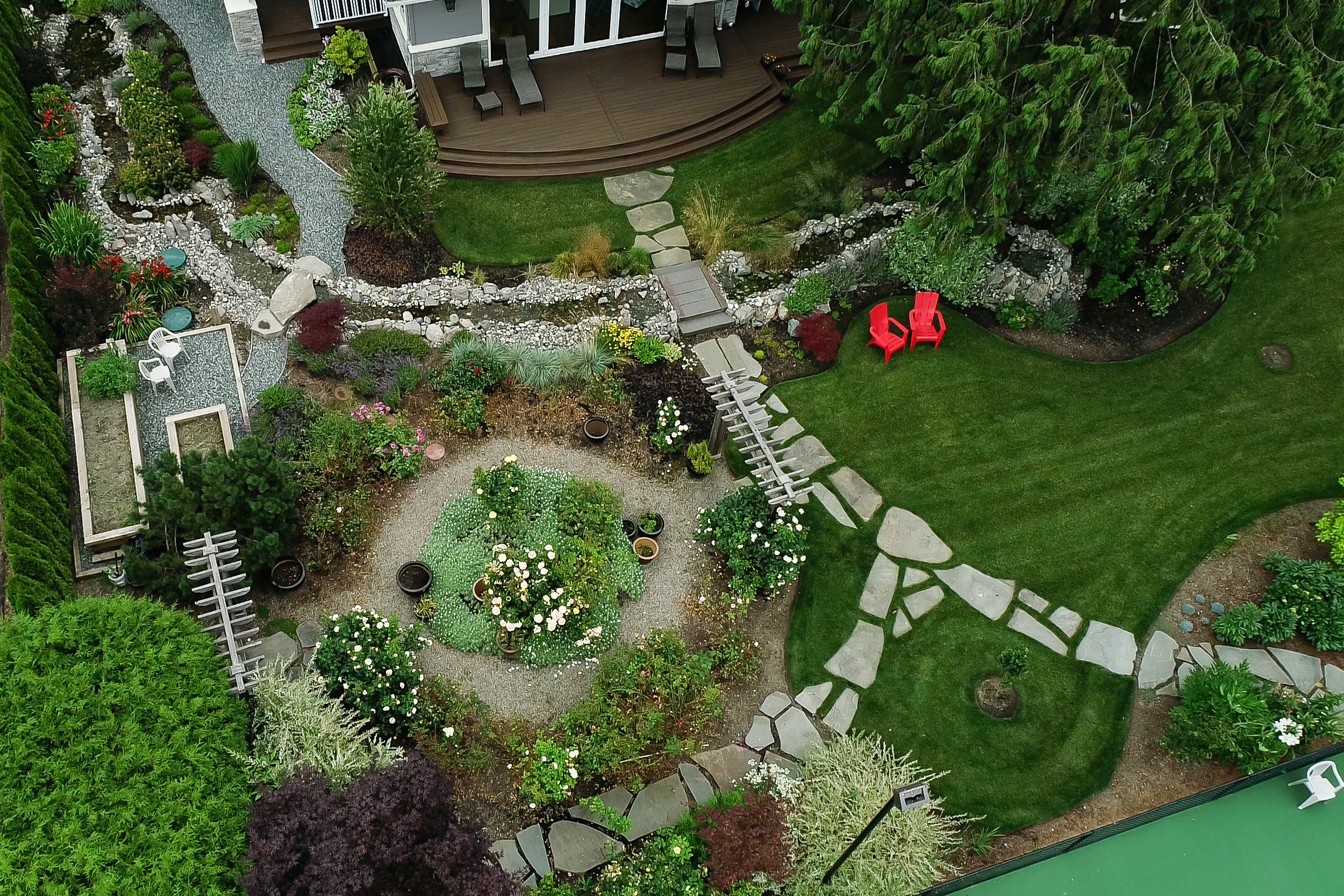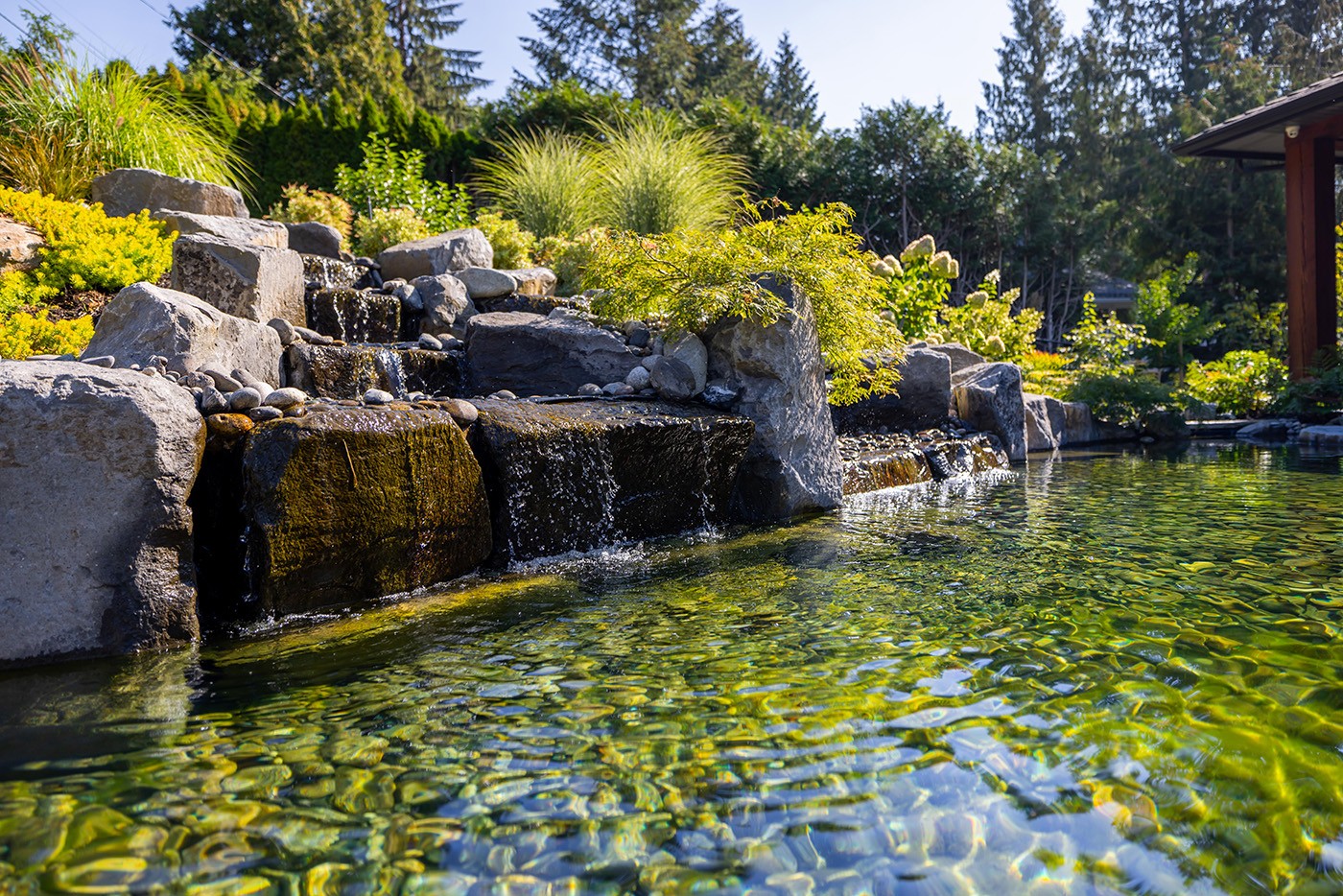
Why Work at Vandenberg Landscapes?
The top five benefits of working here… and why our culture rocks!
Discover the pros and cons of the three most popular choices…
A driveway is a significant investment and when it comes to materials, there are several options to choose from. Each has its own advantages and disadvantages, so it’s important you weigh your options carefully before making a decision. To make it easier for you, we’ve compiled a list of the more popular driveway materials available in BC, along with their pros and cons.
Asphalt is a popular driveway material made from a mixture of aggregates, such as sand, gravel, or crushed stone, and a binder, such as bitumen, which is a sticky, black, and highly viscous material derived from crude oil.
Pros:
Cons:
Concrete is a mixture of cement, aggregates such as sand, gravel or crushed stone and water and can be stamped or stained to create a unique look. The specific proportions used in the concrete mixture can vary greatly depending on the desired properties and its intended use.
Pros:
Cons:
Pavers for driveways can be made from a variety of materials, including concrete, clay, natural stone, brick and permeable pavers. The type of paver material you choose will depend on the desired aesthetic, durability, budget and other factors.
Pros:
Cons:
When choosing a driveway material, it's important to consider the overall look and style of your home, as well as your budget and how much maintenance you’re willing to do. Here are some factors to consider:
There are a lot of things to consider when planning to construct a new driveway or replace an existing one… too many for one short blog post! Should the walkways be made of the same materials? How about the border or apron? How thick should the asphalt be?
If you have more questions about choosing driveway materials, don’t hesitate to get in touch with us. Consulting with our team of professionals can help you make an informed decision and ensure your driveway is something you’ll love coming home to.

The top five benefits of working here… and why our culture rocks!
Five reasons why it’s worth paying for a professional design
These hard-working plants are essential for your pond’s health.
Eco-friendly, customizable “swimming ponds” offer crystal clear water without the chemicals
The five traits that are sure to lead to a great design
Ponds are easier to care for than you may think…








